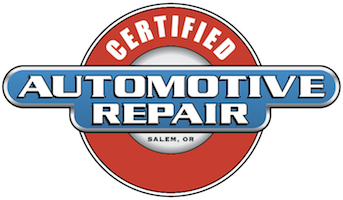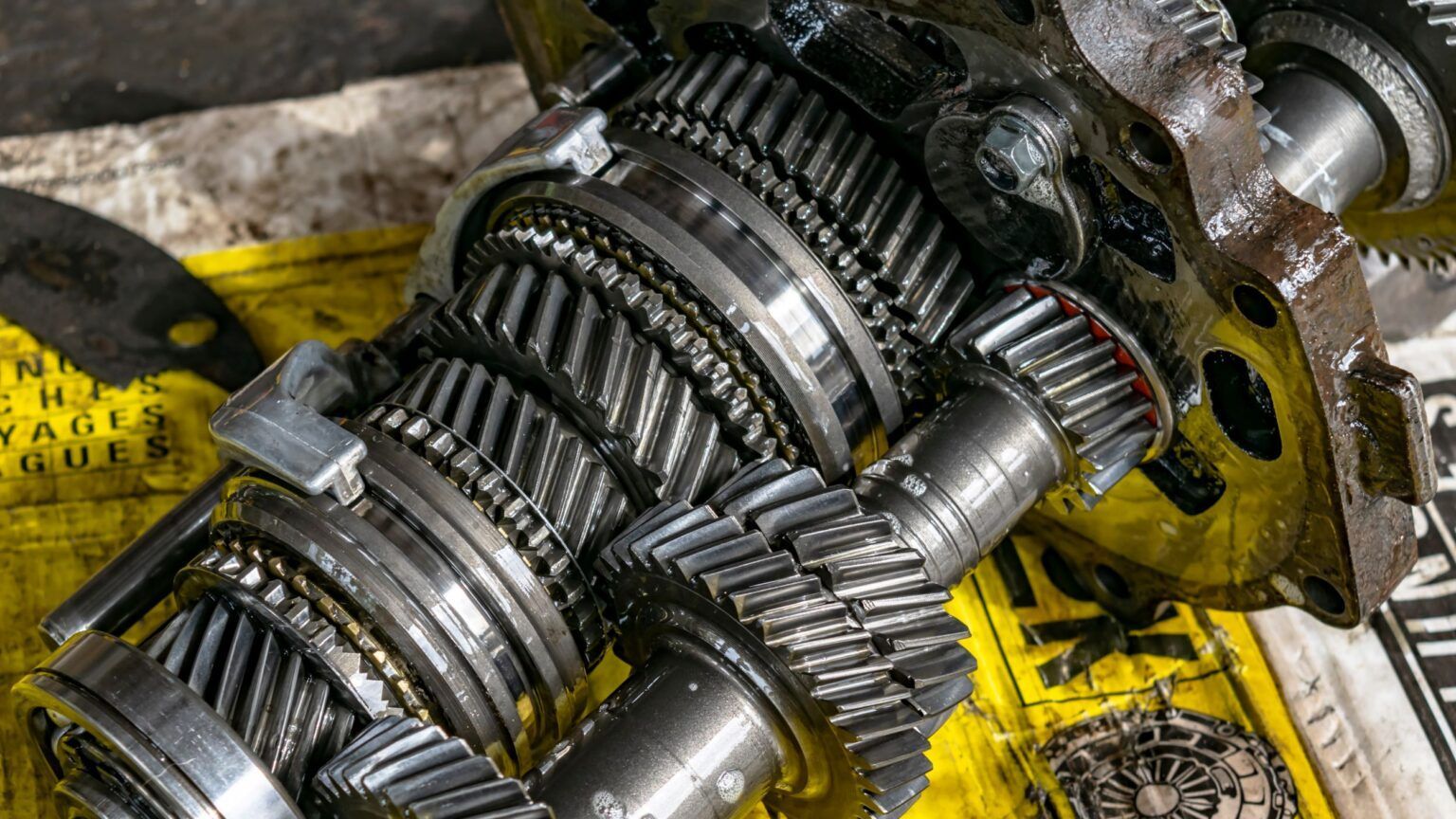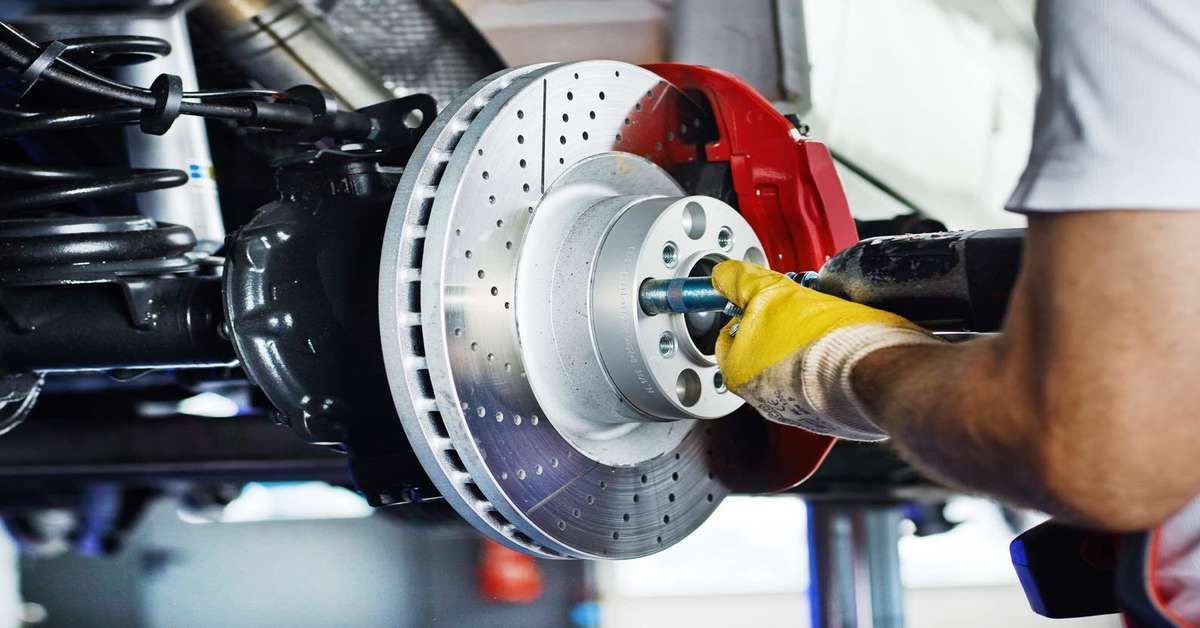Loading ...
Missing business hours data / Error occurred while getting the data.
Loading ...
Missing business hours data / Error occurred while getting the data.
Do I Have Any Say on What Parts Are used on My Car?
Do I Have Any Say on What Parts Are used on My Car?
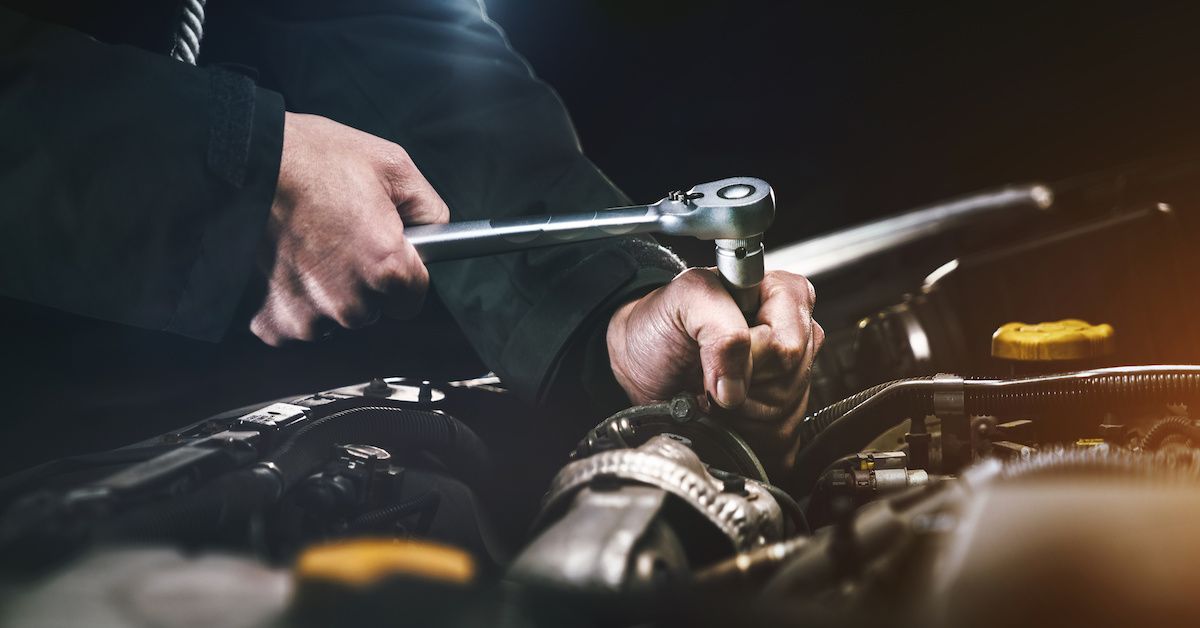
When you purchase a car, you don’t expect it to break down the first few months or years you drive it. But that’s not what happens for most people. According to Consumer Reports, an average of 75% of cars will need some repairs within just four years of being purchased. By taking your vehicle to an auto mechanic, you can help to ensure any issues are fixed as soon as possible. However, you may be wondering if you have any say in what parts are used on your car. Let’s find out in the post below.
What options on parts do I have when I take my car for repairs?
In most cases, you will have to choose between OEM and aftermarket parts. OEM stands for Original Equipment Manufacturer, and these are the parts that were originally installed on your car when it was first manufactured. On the other hand, aftermarket parts are not made by the original manufacturer of your vehicle. They are usually cheaper than OEM parts, but they may not be as durable or reliable. Not all mechanics carry original parts, so be sure to ask, depending on your preference.
What are the benefits of choosing OEM parts?
There are several benefits to choosing OEM parts over aftermarket parts.
Durability
For one, OEM parts are usually more durable than aftermarket parts, which means that your car will be able to withstand more damage. Also, these parts are generally designed to fit your vehicle specifically, so they will likely work better than aftermarket parts. In most instances, both are okay to use. It usually just comes down to your personal preference.
Reliability
OEM parts are also more reliable than aftermarket parts. You can usually count on them to last longer and perform better. Aftermarket parts may not have been tested as thoroughly as OEM parts, which could lead to more problems down the road. Again, this doesn’t apply to all parts. Ultimately it depends on the issue you’re dealing with.
Better performance
OEM parts often have better performance than aftermarket parts. They may be more efficient or last longer, which can end up saving you money in the long run.
ROI
When it comes to car repairs, OEM parts are almost always a better investment than aftermarket parts. Not only are they more durable and reliable, but they can also improve the performance of your car. In addition, most OEM parts come with a warranty from the manufacturer.
Warranty
Finally, OEM parts usually come with a warranty from the manufacturer. This means that if there are any problems with the part, you can get it replaced or repaired without having to pay for it yourself.
Are there any disadvantages to choosing OEM parts?
While there are many benefits to using OEM parts, there are also a few disadvantages to consider.
Price
OEM parts are usually more expensive than aftermarket parts. However, this may be worth it in the long run if the part lasts longer or performs better.
Availability
Not all OEM parts are available for every car model. If you need a specific part that is not readily available, you may have to purchase an aftermarket part instead. Furthermore, you can only purchase them at a car dealership or from the manufacturer’s website.
Quality is not always superior
OEM parts are not always of superior quality. They may not be as reliable as aftermarket parts, and you could end up paying more for a part that doesn’t work as well.
What are some other things to consider when it comes time for repairs?
There are a few factors that you should keep in mind when choosing between OEM and aftermarket parts.
Car recalls
One of the most important things to consider is whether or not your car has been recalled. If so, then only the manufacturer can replace the part. This means if you purchase an aftermarket part, it will not be covered under the recall.
Damages
Another factor to consider is whether or not your car has any pre-existing damage. For example, if there are dents in the frame of your vehicle, then you should choose a replacement part made by the same manufacturer as the original part. This is because aftermarket parts may not fit properly with existing damage.
Type of repairs
Finally, you should consider the type of repair to be performed when choosing between OEM and aftermarket parts. If your car requires a major overhaul, it would probably be best to install original equipment manufacturer (OEM) parts. However, if you are just replacing a single part, then an aftermarket part may be a better option.
If I choose aftermarket parts, will my warranty be voided?
It depends on the type of parts that you’re using. Some people believe that if they use an aftermarket replacement for a broken headlight or taillight, their car’s warranty won’t be affected. But this is not true. It doesn’t matter which company made the replacement part – if it’s not an OEM part, then your warranty will most likely be voided.
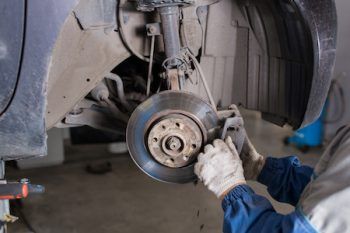
Can I use recycled parts on my car?
Yes, you can use recycled parts on your car as long as they meet the requirements set by the manufacturer. Usually, recycled parts must be of the same make and model as the original part removed from your car. They also have to meet the same safety and performance standards as the OEM parts.
So, Do I have any say on what parts are used on my car?
Yes! As the car owner, you have complete control over what parts are installed on your car. You can choose to install OEM or aftermarket replacement parts, depending on the factors discussed earlier in this article.
Come to Our Shop!
At Certified Auto Repair, we offer a wide selection of parts for all types of cars. Our professional team of mechanics will inspect your vehicle thoroughly to address all of your auto repair needs. Visit our website to learn more about our services and give us a call to set up an appointment!
Loading ...
Missing business hours data / Error occurred while getting the data.
our address
Having trouble finding us?
Loading ...
Missing nap lines data / Error occured while getting the data.
